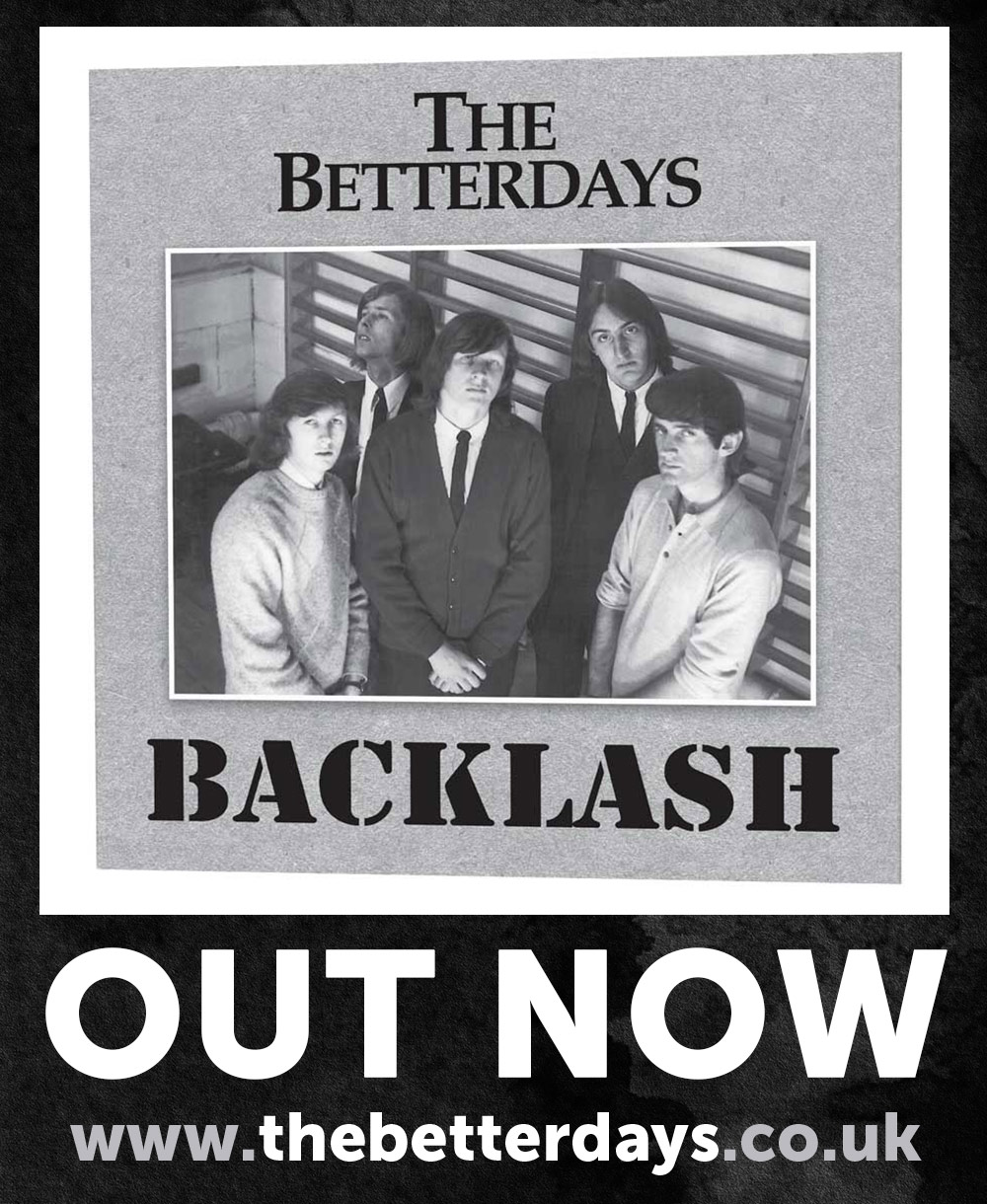The straight-talking monthly column on all things country, Americana, roots and acoustic…
With the recent announcement of the first ‘new’ Shania Twain recordings in more than 15 years followed by news of a new Taylor Swift album, my mind drifted around to the way that country music is all too often treated in the UK.
The C-word!
There was a time when you dare not mention the C-word. Record labels shied away from the term. There was this school of thought that British music lovers couldn’t stomach real, down-home country music. So, they looked at other ways to market this ‘devil’s music.’
They tried dropping the dreaded C-word when they marketed such artists as Faith Hill, Keith Urban and Lady Antebellum, even way back with singers like Jim Reeves, Charlie Rich and Crystal Gayle.
To appeal to the masses, the music had to be doctored, sanitised or specially tailored to suit our tender ears. If you’re old enough, you might remember the specially remixed singles and albums of Shania Twain that were produced for UK release back in the late 1990s. It caused furore amongst country music fans, but according to the record label execs, it enabled Shania Twain to become a huge pop star in the UK selling millions of records.

The truth of the matter is, though, that Shania’s fans, whether steeped in country or pop, didn’t really care one way or another. When they flocked to her concerts and saw a couple of fiddle players dancing across the stage, they whooped and they hollered like genuine country gals and guys and surprise, surprise; the pedal steel guitarist wasn’t the expected turn-off.
A watered-down free zone
Over the past few years we’ve seen thousands of younger British music lovers attracted to country music. Inspired by the success of the annual C2C Festivals at London’s O2 Arena, plus Glasgow, Dublin and Belfast, and the ease via the internet of accessing the latest country sounds emanating from the Nashville studios, these ‘new’ fans have readily embraced today’s modern country sounds – without any ‘watering-down’ by London’s record label execs.
To the ears of some older, more traditional country music fans, this modern music might not be considered as ‘country’, but at least the British fans are now hearing the same ‘modern country’ as originally recorded and released in America without any sanitising treatment.
Tailoring ‘country music’ to suit ‘British tastes’ goes way back before Shania Twain came onto the scene. Though back in the 1950s and 1960s, occasionally a country record would get into the UK pop charts, it was usually a one-off and it was almost impossible for an American country act to build a consistent run of chart hits in Britain.
Jim Reeves recordings had gained a regular UK release since 1953, but it wasn’t until the summer of 1960 that he scored his first UK hit with the soft ballad He’ll Have To Go. Though it only reached No. 11, the single spent 31 weeks on the charts at a time when most singles were gone after 10 weeks.
At the time, Jim’s recordings on RCA were marketed and distributed by Decca UK. Pat Campbell, an affable Irish man who worked at Decca was both a big country music fan and a champion of Jim Reeves. He persuaded his bosses to allow him to select Jim’s single releases, rather than following the usual American release schedule.
Pat boldly chose the lush romantic ballad You’re The Only Good Thing (That’s Happened To Me) an obscure album track instead of Losing Your Love, the current American country single. The ploy paid off; with Reeves scoring his second UK hit, the single reaching the top 20 and spending 19 weeks on the charts.
Campbell continued to balance releases between following the American schedule or making an inspired choice of a different song. His greatest success came with the selection of I Love You Because, which peaked at No. 5 and spent a record-breaking 39 weeks on the charts in 1964. The follow-up, I Won’t Forget You, released that summer, coincided with Reeves’ death in a plane crash that August, and reached No. 3.
Pat Campbell
RCA in Nashville then followed suit, and in November released I Won’t Forget You as an American single, reaching No. 3 on the country charts. Pat Campbell, who went on to be a popular radio dj and even made some narrational recordings, didn’t always get it right though when choosing records suitable for UK release. The early 1970s found him working at Phonogram Records, and he was instrumental in promoting Faron Young’s It’s Four In the Morning to No 3 on the UK pop charts in the summer of 1972.
Instead of releasing This Little Girl Of Mine, the American follow-up single, he advised his bosses to go with The Guns Of Johnny Rondo, a song recorded three years earlier for an episode of the High Chaparral television series. Cowboy songs were not in vogue at that time and the single failed to make any impression at all.
When Faron Young came to Britain later that year for his first UK tour, he was somewhat displeased and refused to include the song in his concerts. To the majority of British record buyers, Faron Young was regarded as a one-hit wonder, despite the fact he enjoyed a recording career that covered more than 40 years and included some 90 American country hits.
There have been other examples of specially released singles for the UK market. One of the most notable was Lee Greenwood and The Wind Beneath My Wings in 1984. The song had been an American country hit the previous year for Gary Morris. Greenwood had included the song as an album track and MCA London decided to release the song as a single. As it gained BBC radio play, Greenwood was flown over from Nashville to appear on Top of the Pops and the single made the UK top 50. Five years later The Wind Beneath My Wings became Bette Midler’s first UK top 10 hit.
Selecting somewhat obscure album tracks for special British single releases was one thing, but later came the decision that by changing the musical accompaniment, perhaps sweetening the sound, then country music could be sold to the gullible record buyers as being ‘not country all.’ It was a masterstroke of marketing.
Achy Breaky Heart anyone?
There had been efforts before of removing the ‘C-word’ when marketing country records in the UK, but actually changing the instrumental sound of the recordings … this was indeed priceless. It can probably be traced back to the line-dancing craze that swept across country music in both America and Britain in the late 1980s and early 1990s. It was Billy Ray Cyrus’ Achy Breaky Heart that really kicked the craze off big time in 1992, with a smash hit video featuring dozens of cowboy-hatted line-dancers strutting their stuff.
Following some unofficial extended dance mixes of current country hits, Brooks & Dunn ended their 1993 HARD WORKIIN’ MAN album with an official ‘Club Mix’ of their 1992 country hit Boot Scootin’ Boogie. It wasn’t too long before others jumped on the bandwagon. The CD single of Tim McGraw’s Indian Reservation included an extended dance mix. Then came Confederate Railroad with the tongue-in-cheek Trashy Women, Wynonna Judd and the funky Tell Me Why, and suddenly every other country single seemed to have an additional extended dance mix to cater for the dance clubs that had sprung up across the Southern states.
The best-known act for releasing remixed versions of country recordings is Shania Twain. In the early 1990s, the Canadian-born singer was struggling in Nashville to establish herself in country music. Mutt Lange, a highly successful rock producer (AC/DC, Foreigner, etc) who had grown up in South Africa listening to country music (especially Slim Whitman), heard Shania’s first Nashville album and became a fan. Following several ‘phone conversations, they met up and undertook some co-writing sessions which led to a blossoming romance, marriage and Mutt becoming Shania’s producer.
The couple worked together on THE WOMAN IN ME, Shania’s second Nashville album. Released in 1995 it totally turned Twain’s career around. The first single, the country-ish Whose Bed Have Your Boots Been Under? made the country top 20, but it was the original B-side, the rock-styled Any Man Of Mine which later soared to the top of the country charts and also crossed over to the pop chart that changed their thinking.
Inspired by this success, Twain and Lange experimented with recording different versions of songs for both country and pop-rock audiences. The follow-up single, (If You’re Not In It For Love) I’m Outta Here! was remixed with a slinky slide guitar and pulsating rock beat. The original ‘country’ recording made No. 1 on the country charts, while the rock mix crossed over to the American pop and dance charts.
Biggest-selling album ever by a female singer – Shania’s “Come On Over”
When it came to Twain’s COME ON OVER album, there was much more of a pop-rock feel to the production. Released in America in 1997, it went on to become the biggest-selling album by a female singer. The UK release was delayed—publications were persuaded not to review the American release—while a special ‘international version’ could be produced.
Finally released in 1998, the songs were remixed for a more pop and world feel. The only song that stayed the same on both versions was Rock This Country! The ploy worked as Shania scored her first UK pop hit that year with the pop-flavoured ballad You’re Still the One.
Early in 1999 she made No. 2 on the UK charts with That Don’t Impress Me Much, which led to the release of a ‘Revised International Version’ of the album with a UK Dance Mix of That Don’t Impress Me Much, the Notting Hill Remix of You’ve Got A Way and the Right Mix of From This Moment, which was another top 10 UK pop hit.

LeAnn Rimes, who had broken through on the American country charts as a precocious 13-year-old with Blue in 1996, followed in Twain’s footsteps in releasing specially remixed recordings for the international market, where she began to enjoy the kind of pop success that had mainly eluded her in America. There were extended dance mixes of How Do I Live?, Commitment and Sitting On Top Of the World, her albums all featured special pop-rock flavoured arrangements that were different to the original American releases.
More mainstream country artists including Faith Hill and Keith Urban (main picture) were marketed as ‘pop’ artists in the UK, even to the extent that the country press and radio were not serviced with their releases. In the case of Australian Urban, the banjo, which had become an integral part of his recordings, was removed and replaced by a prominent electric lead guitar.
In more recent years, country music has reached out to include rap and electronic beats to reach wider audiences and also utilised outside producers to create a variety of mixes. Most notable is the Youngjared Mix of Chely Wright’s explicit-worded Damn Liar blasting the song into the electronic stratosphere. Then there’s the Stadium Dance Mix of Blake Shelton’s Boys ‘Round Here and Jason Nevins’ remix of Lady Antebellum’s Need You Now.

Lady Antebelum
Rap-augmented country hits have also come become popular, such as Florida Georgia Line’s Cruise remix with Nelly, and Jason Aldean’s Dirt Road Anthem remix with Ludacris. For a genre often stubbornly proud of staying put while the world changed around it, country music is definitely on the move.
Nashville is a ‘must visit’ city today…
The C-word, which for decades was deemed uncool, is all of a sudden very cool. UK record labels have been falling over themselves to market not only American country acts but also home-grown acts like Ward Thomas, the Shires, Catherine McGrath and the Wandering Hearts as ‘country’ even if at times their ‘country’ credentials might be questionable.

Mrs Tim McGraw, the uber-talented Ms. Faith Hill
The world-wide success of the Nashville television series has led to Nashville, the recognised country music capital of the world, becoming one of the ‘must visit’ American tourist cities. In fact, it’s one of the tourist hot spots not just of America, but of the world.
So, if you were into country music when country music wasn’t cool, pat yourself on the back, because finally you can actually stand up and admit that you like country music, and not be ridiculed.
By Alan Cackett





